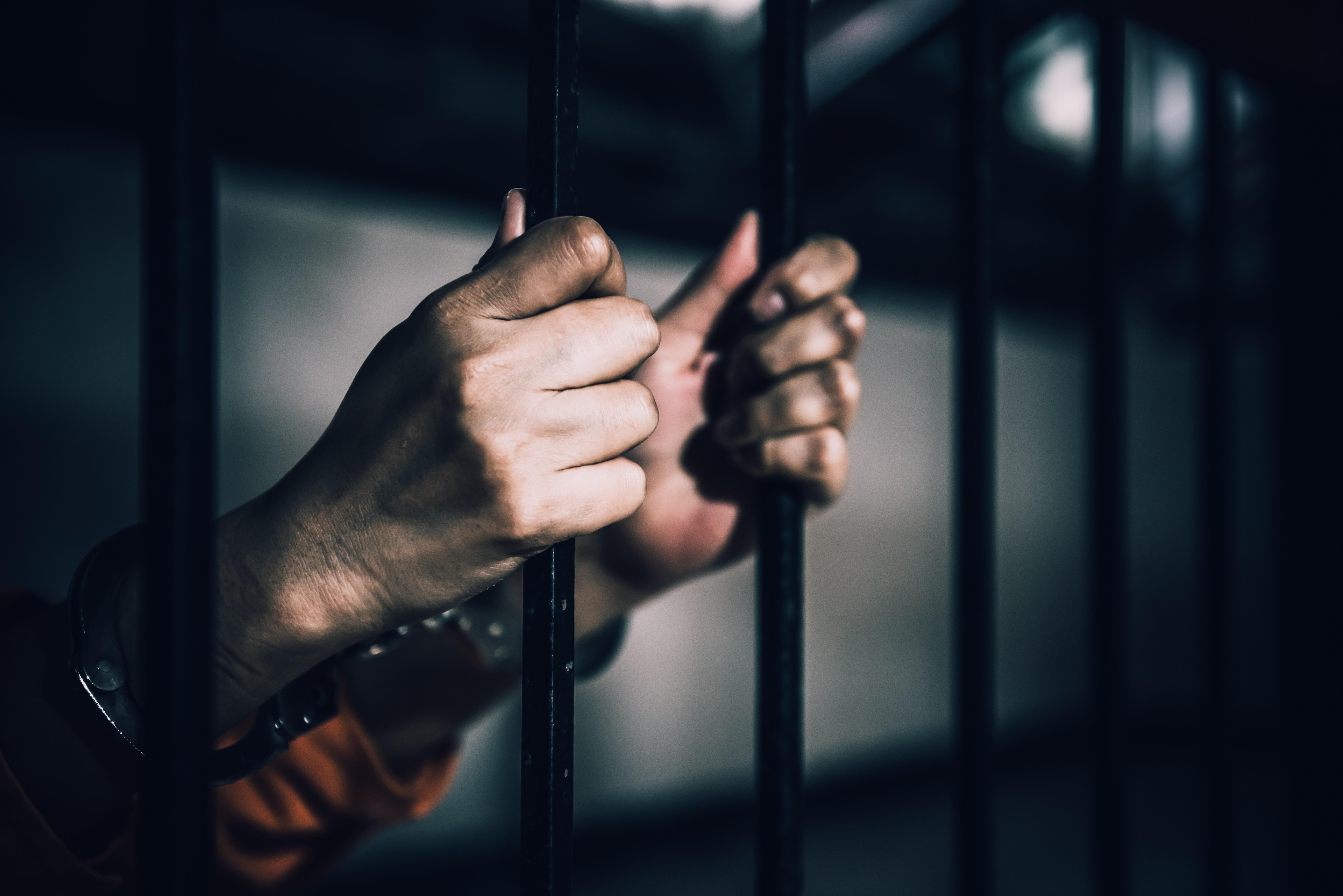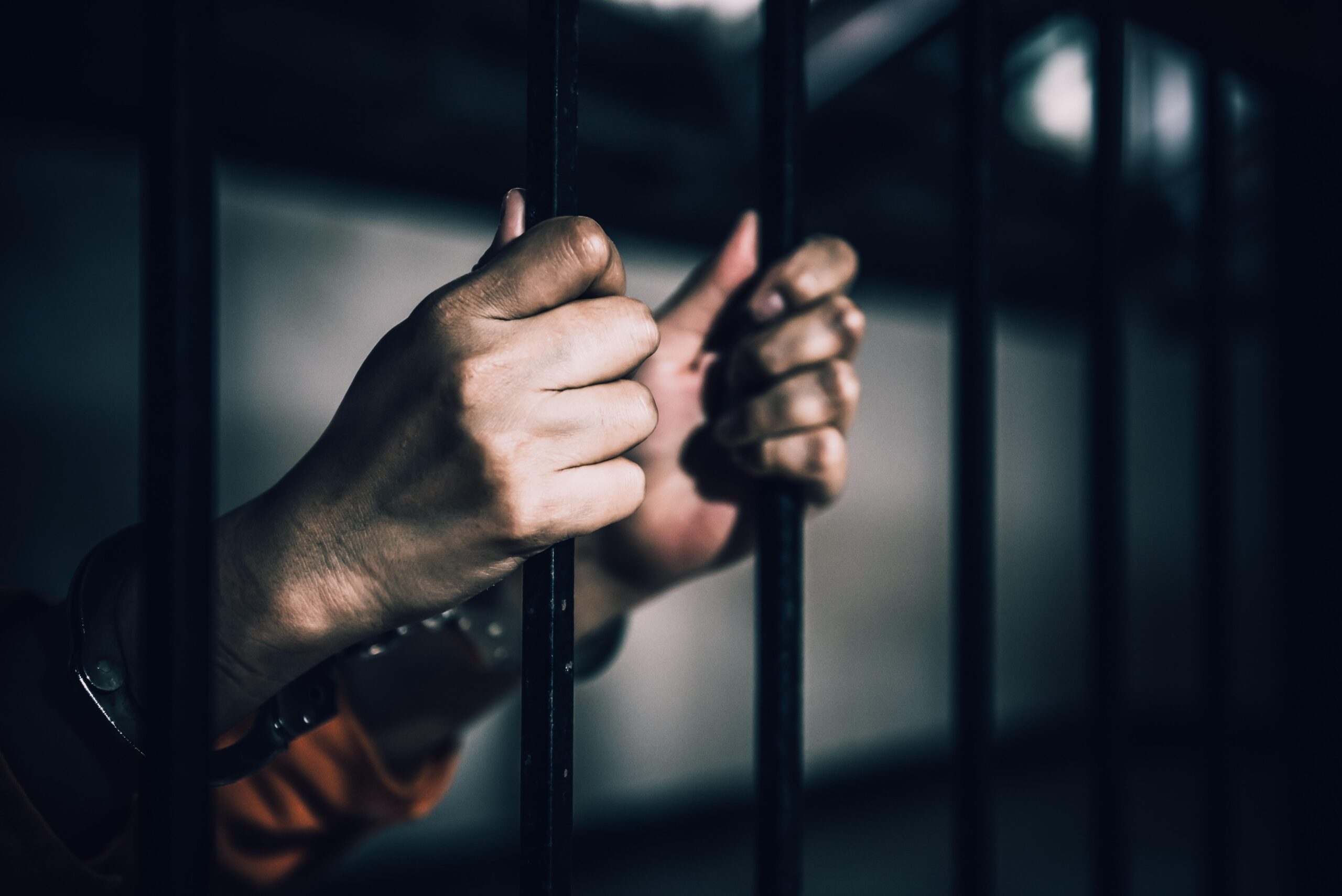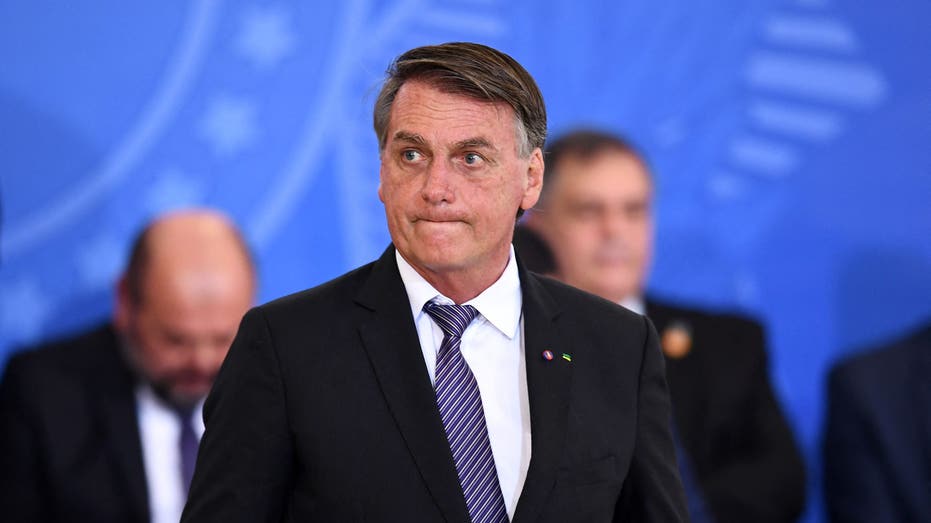
Legal Troubles Mount for Jair Bolsonaro Following 2022 Election Loss
By Author Name, Date
Indictments and Coup Allegations
Former Brazilian President Jair Bolsonaro is facing serious legal ramifications as he, alongside 36 others, has been indicted by federal police on charges of attempting to orchestrate a coup to maintain power following his electoral loss in 2022. The allegations, which detail an unconstitutional effort to overturn the democratic process, have been formally submitted to Brazil’s Supreme Court.
Once the Supreme Court reviews the case, it will be handed over to Prosecutor-General Paulo Gonet, who will determine whether the investigation should be dismissed or elevated to a trial against Bolsonaro. This critical judicial process underscores the gravity of the situation and its implications for Brazilian democracy.
Bolsonaro’s Denial and Aftermath of the Election
Jair Bolsonaro, a prominent figure in right-wing politics, has maintained his innocence against the accusations that he attempted to cling to power after losing to leftist President Luiz Inácio Lula da Silva. In the aftermath of the election, which many deem contentious, Bolsonaro launched a vigorous campaign claiming that the electoral results were manipulated against him. This assertion has been met with widespread skepticism, as many observers work to decipher the truth behind the unprecedented claims.
Following Lula’s inauguration, Bolsonaro’s supporters took radical actions, storming key governmental establishments, including Brazil’s Supreme Court, Congress, and the presidential palace. The consequences of this turmoil were significant, with extensive damage reported and a growing number of arrests expected for those who participated in the insurrection. The situation has prompted serious discussions about the integrity of democratic institutions in Brazil.
Legal Battles Accumulate
Since his electoral defeat, Bolsonaro has found himself embroiled in an escalating series of legal challenges. A notable decision came in June 2023 when Brazil’s Superior Electoral Court ruled to disqualify him from holding public office for eight years. The court cited his endeavors to undermine public confidence in democratic institutions, establishing him as a key figure in the ongoing political instability. The ruling passed with a narrow 4-3 majority, revealing a divided opinion on his actions during and after his presidency.
In addition to the coup-related charges, Bolsonaro faces allegations involving money laundering and criminal association linked to diamonds he reportedly received as gifts from Saudi Arabia during his time in office. These serious charges add another layer of complexity to the former president’s legal struggles. Previously, in March, he was implicated in a scandal regarding forged COVID-19 vaccine records for himself and others—a claim he has also vigorously denied.
The Rise of Conspiracies and Arrests
Compounding the turmoil, recent developments saw Brazilian authorities arrest four military members and a federal police officer on charges of conspiring to perpetrate a coup post-election. This alleged plot included plans for actions described as extreme, which encompassed the overthrow of the Lula administration and threats against high-ranking officials, including the president himself. The apprehensions highlight the palpable tension and unease permeating Brazil’s political landscape since the controversial election.
As investigations into these actions unfold, the scrutiny on Bolsonaro intensifies, painting a complex picture of a leader grappling with the fallout of his presidency and the staunch opposition he faces from the current administration.
The Future of Bolsonaro and Brazilian Politics
The intersection of Bolsonaro’s legal challenges and the actions of his supporters poses crucial questions for the future of Brazil’s political stability. With the remnants of his presidency still echoing in the halls of power, citizens remain divided on his legacy, with many calling for accountability amid ongoing investigations.
The continuation of these legal proceedings will be critical in determining Bolsonaro’s fate and the broader implications for Brazilian democracy. As the nation observes these developments, political analysts and everyday citizens alike are concerned about the erosion of trust in democratic systems and the implications of Bolsonaro’s actions on the future political landscape of Brazil.


















